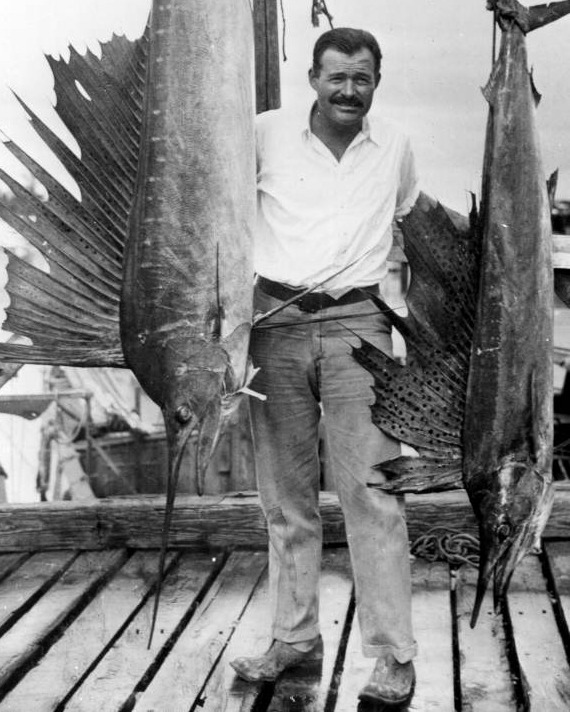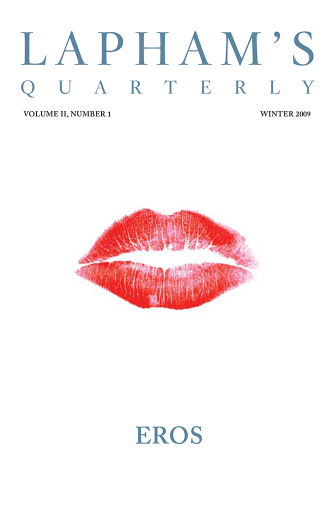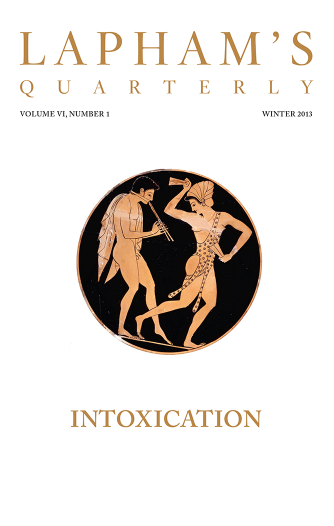
Photograph by Wright Langley
Ernest Hemingway
(1899 - 1961)
After graduating from high school in 1917, Ernest Hemingway became a reporter for the Kansas City Star. Instructed to write direct, declarative sentences, he formed a literary style subsequently copied by two generations of American novelists and short-story writers. After publishing In Our Time in 1925, The Sun Also Rises in 1926, and A Farewell to Arms in 1929, Hemingway enjoyed his role as leading writer of the Lost Generation, buying a house in Key West and a thirty-eight-foot boat he named Pilar. His big-game hunting trips to Africa in the 1930s outfitted him with the mise en scène for Green Hills of Africa and “The Short Happy Life of Francis Macomber.” He was awarded the Nobel Prize in Literature in 1954, and died by suicide in 1961 at the age of sixty-one.


